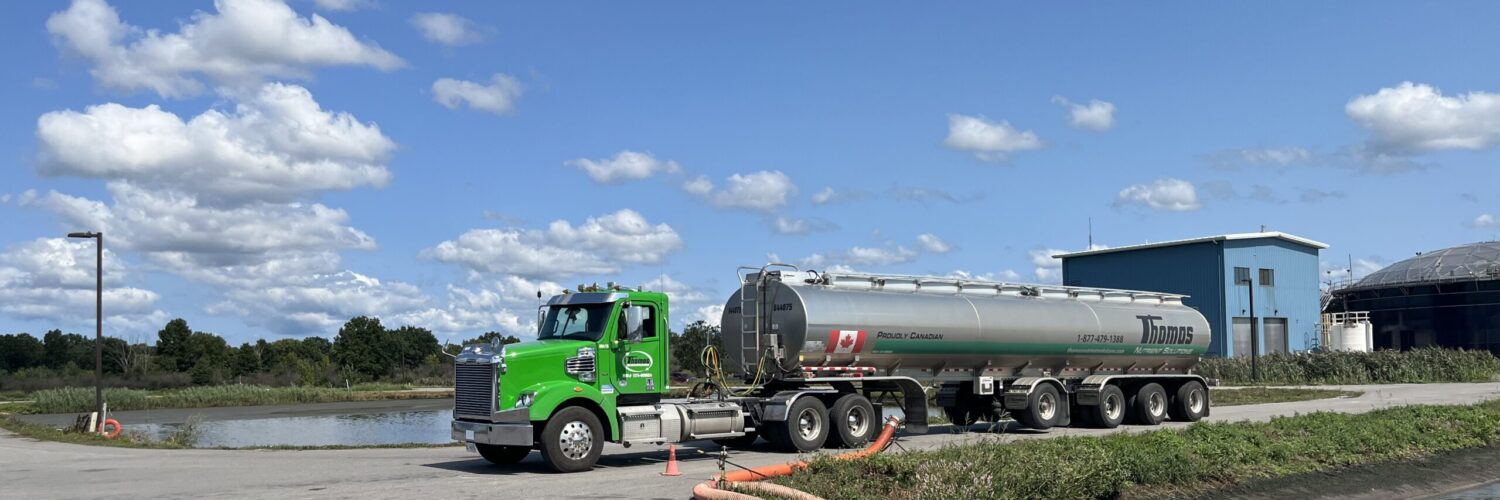Is it possible for sewage sludge fertilizer, otherwise known as biosolids, to help reduce toxic chemicals in agricultural soil? We explore a new study that proves that it is.
Vegetables are important part of a healthy diet and are a good source of nutrients, such as potassium, folate (folic acid) and vitamins A and C. However, it is important to consider the soil in which these vegetables are grown, to ensure that we are not introducing toxic substances into our system.
One chemical that has the potential to cause harm to humans is cadmium. This toxic metal has become a global problem stemming from the industrial and agricultural revolution. It is known to persist for long durations because of minimal microbial and chemical loss.
Although it is usually found in low levels in most parts of the world, there are areas where its concentration is a lot higher than average. One such place is in California. The high levels of cadmium in the soil are due to the erosion of local rock formations. They can also be brought about by human activity because things like metal processing, fertilizer and fuel combustion have been shown to leave significant residues of cadmium.
This toxic chemical can lead to a decrease in kidney function and bone density in humans if they ingest vegetables that have high levels of cadmium. The danger that it poses has led to international guidelines setting a limit to the amount of cadmium allowable in vegetables sold in the market. However, the challenge of finding a solution for this problem rests solely on the farmers.
Research has been undertaken to find an answer to this dilemma. The study is led by Adrian Paul of the Sustainable Mineral Institute in Brisbane, Australia. He focused his study on spinach and how cadmium is taken up by this vegetable. He explored further using four different types of additives on the soil. These include zinc and manganese salts, limestone, and sewage sludge fertilizer (biosolids).
“Our research aims to protect local producers and consumers by lowering the cadmium in vegetables. This gives producers the ability to grow safe, profitable crops,” Paul says. “Consumers need to be able to safely eat what the farmers grow.”
Sewage sludge fertilizer known as biosolids compost is the result of wastewater treatment and is naturally rich in nutrients such as nitrogen and phosphorus. It also contains organic compounds that can enrich the soil where it is applied, locking in vital nutrients far longer than traditional fertilizer.
These four amendments were identified for their unique reaction to cadmium in the soil. Generally, these nutrients act by competing with cadmium during plant uptake thus lowering the concentration of cadmium in the plants. Another way that they work is that they can chemically alter the characteristics of the chemical to make it unavailable for uptake. Studies have also indicated that zinc and manganese have antagonistic and antioxidant properties that counteract the effect of cadmium.
They discovered that the combination of these amendments caused a significant reduction in cadmium levels in spinach to nontoxic levels. The next step now is to find the optimal formulation of nutrients to be able to market this commercially.
Farmlands are a vital component in our food chain. We need to protect them from unwanted toxins that could contaminate our food supply. With the use of sewage sludge fertilizer or biosolids enriched with micronutrients, the agricultural soils are provided with the best nutrients while simultaneously reducing or totally removing toxic chemicals.
If you are a municipality in Ontario and in need of a biosolids management solution, please feel free to contact us at 1 (877) 479-1388.
Sources:
https://www.sciencedaily.com
http://www.cadmium-management.org.au

